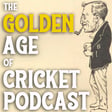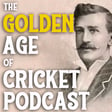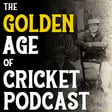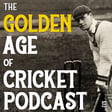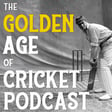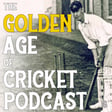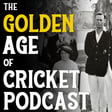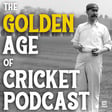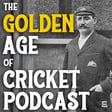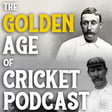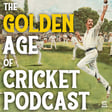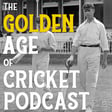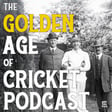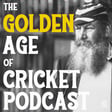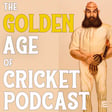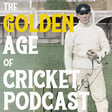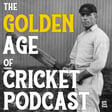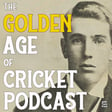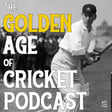
W. G. Grace – Part 3 – with Richard Tomlinson
In this final installment of my chat with historian Richard Tomlinson, author of Amazing Grace - The Man Who Was W.G. (2015), we discuss Grace's love of sports outside of cricket, particularly lawn bowls and golf, his colossal statistics with both bat and ball, and his legacy today.
ABOUT RICHARD TOMLINSON:
Richard Tomlinson is a British historian and journalist whose biography of W.G. Grace was published in 2015 on the 100th anniversary of the great cricketer’s death. In Amazing Grace – The Man who was W.G., Richard set Grace’s on-field achievements in the context of his life and times as arguably the most famous celebrity in the English-speaking world.
Presenter & Producer: Tom Ford
DONATE: You can buy Tom Ford a coffee! Every donation helps with production and inspires Tom to keep the podcast going. You can donate from a little as $5. Visit: buymeacoffee.com/GoldenAgeOfCricket
All music used in podcast comes from the University of California Santa Barbara’s remarkable collection of wax cylinder’s from the late nineteenth and early twentieth centuries, which are free to download and use. You can donate to the upkeep of these recordings via their website.
